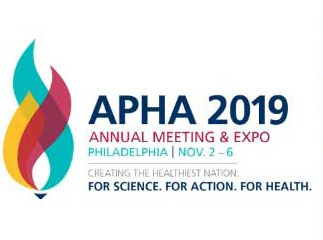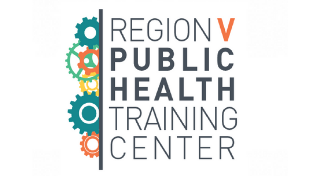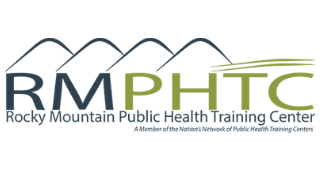November 2nd-6th: NEPHTC and other PHTC Partners present at APHA 2019!
Virtual Coaching for Health Departments: Getting to Practical Output
Karla Todd, MBA, MSM, Boston University School of Public Health, Boston, MA,
Hope Kenefick, MSW, PhD, HWK Consulting LLC, Barrington, NH,
Julia Ross, BS, Ross & Company, Inc. and
Michele Levy, MBA, ML Brand Strategy Consulting
Systems Thinking and Effective Communications are identified as high priority cross-cutting skills needed by the public health workforce for addressing complex public health issues. In addition to having live and online training on these critical topics, NEPHTC built distance coaching into its Systems Thinking and Effective Communication training programs creating a flexible “bundle.” This session will share the design of the overall bundle with an emphasis on the virtual coaching sessions. Coaching sessions have pre assigned work and schedules but also retain flexibility to meet the needs of teams working on current issues in their workplaces or with their target audiences and populations.
NEPHTC will share evaluation results for live training in states across New England in 2018 and 2019, and initial outputs for a selection of coached teams and individuals. Outputs for Systems Thinking coaching include new approaches and planning worksheets, and for Effective Communications coaching include new messaging and communications planning frameworks and content. The model of coaching by an expert instructor with a structured yet flexible approach further engages learners and supports action. These innovations are consistent with learning design recommendations in the Strategic Workforce Action Agenda.
The Region V Public Health Training Center (RVPHTC) supports student field placements in medically underserved communities throughout Michigan, Ohio, Indiana, Illinois, Wisconsin, and Minnesota to assist in addressing local public health priorities of those areas. These student activities are not only intended to further the capacity of public health practice agencies to address the social determinants of health, but are also meant to build students’ practical skills and workforce readiness. In this regard, the RVPHTC structures its field placement program to support students’ fulfillment of the Applied Practice Experience required of all MPH students in accredited schools or programs of public health.
This presentation will describe the curriculum and evaluation of a pilot Community of Practice (CoP) – a virtual learning community designed to support students’ professional development and a competency-based product deliverable. In this CoP, student interaction takes place during 3-5 two-hour virtual meetings that cover topics pertinent to students soon entering the workforce. For example, sessions provide guidance in how to communicate with various audiences about the work done in the placement and reflection upon competency development.
Students also benefit from peer-to-peer discussions and work through case scenarios to apply interpersonal skills. This strategic curriculum allows the student learner the opportunity to broaden the context of their learning by sharing experiences with a network of peers while tailoring the lessons learned in their own deliverables. Evaluation findings will indicate levels of satisfaction with the pilot program and perceived impact of the student field placements on local communities.
In 2018, the Rocky Mountain Public Health Training Center (RM-PHTC), one of the 10 HRSA-funded regional public health training centers offered an ECHO learning series for public health professionals leading coalitions. Interest in and feedback from this five-week training was tremendously positive and more series were offered. Coalition leaders navigating complex issues of equity and inclusion, group power dynamics, constructive dialogue, change management, and creating a shared vision were eager to connect with others doing this work. 92% of participants were satisfied with the training, including comments that most valuable was “the opportunity to engage with and learn from other participants…”.
Thus, the Managing Effective Coalitions community of practice was launched. Unlike the previous training with predefined learning objectives which guided presentations by experts and facilitated discussions, the community of practice was to be a loosely-organized virtual gathering space where the learning was entirely created by a network of peer professionals. To date, 81 individuals have registered for the Managing Effective Coalitions community of practice. An average of 23 professionals participate in each month’s discussion, held via video to achieve a face-to-face connection and support community building. Participants complete a survey following each session identifying the topics of future discussions (i.e., engagement, accountability, sustainability).
Resources shared by participants are posted online and accessible to all community of practice registrants. The organic and peer-driven model of a community of practice creates a unique opportunity for public health professionals to connect with peers and gain knowledge beyond the traditional “training” setting.



